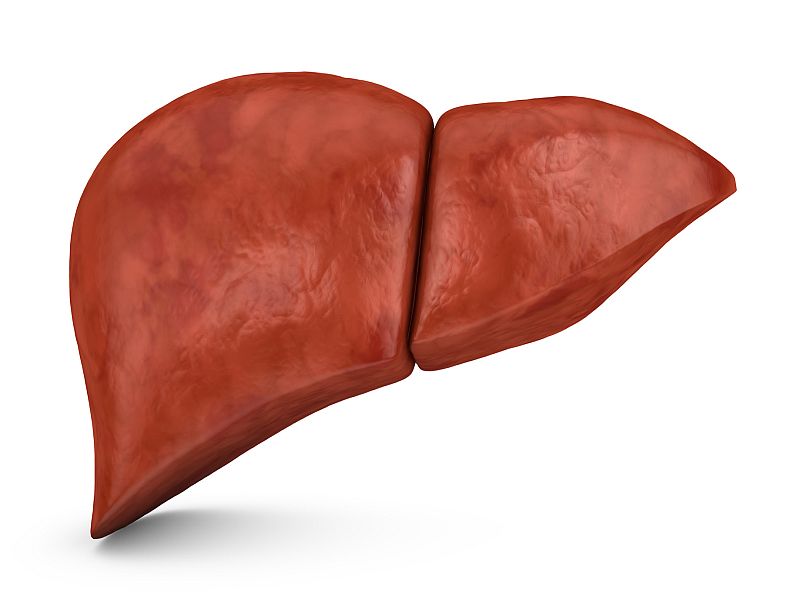FRIDAY, Nov. 16, 2018 (HealthDay News) -- A study that tracked the weight and survival of more than 6,000 Americans for 24 years reinforces the notion that piling on excess pounds can lead to an earlier grave.
Being statistically obese, but not simply overweight, was tied to a 27 percent increase in the odds of dying within the study period, according to a research team from Boston University.
People in the "obese" category had a body mass index (BMI) between 30 and 34, with 30 being the statistical threshold for obesity. For example, a 5-foot 4-inch person weighing 175 pounds has a BMI of 30.
The risk of dying young was also higher for "very" obese people -- those with a BMI of 35 to 39. People in this weight category had nearly double the odds of dying during the 24-year study period compared to people with a normal weight, said biostatistician Ching-Ti Liu and colleagues.
The study was unique, Liu's team believes, because it wasn't based on a person's BMI at one point in the life span, but instead tracked people's "weight history" over time. That should "improve the accuracy of BMI data and thus lead to better estimates of the association between obesity and mortality," the study authors reported.
The approach did turn up one finding that may be heartening to people fighting the "battle of the bulge": Being overweight, but not past the BMI 30 threshold for obesity, did not seem to affect life span.
The study found that overweight people could expect roughly the same survival odds as those in the normal-weight category.
"There was no difference in mortality risk for those who remained overweight and those who remained normal weight," noted Mark Pereira, an epidemiologist at the University of Minnesota. That could be because healthy lifestyle changes can stave off disease, even in overweight people, he suggested in a commentary accompanying the new study.
Prior studies "have clearly shown that decreases in disease incidence are possible through improved diet and physical activity among overweight and obese individuals, whether weight loss is achieved or not," he added.
The Boston University study relied on detailed information collected every few years on the weight of nearly 6,200 adult participants in the ongoing Framingham Heart Study, with records stretching back over 24 years.
Overall, more than half (56 percent) of the study group had died by the end of 2014. Being obese or very obese seemed to have a significant impact on whether death arrived relatively early, Liu's team found.
Because smoking could confound the results, his team also ran the numbers for only those 3,075 participants who had never smoked.
The trends appeared to be even stronger in the absence of smoking, the findings showed.
In this group, being obese was tied to 31 percent higher odds of death during the study period, while being very obese bumped up the risk to nearly 2.4 times that of normal-weight never-smokers.
Surprisingly, in the "never-smokers" group, being overweight (but not obese) did seem to have an effect in lowering life span, relative to normal-weight people.
Overall, all of these effects seemed more profound in men than in women, the researchers said.
There was one more intriguing finding: The impact obesity has on survival seems to have eased over the past few decades.
According to the Liu's team, that may be due to better "risk factor control" -- healthy lifestyle changes -- or improvements in drug therapy (statins, for example), surgeries such as angioplasties or bypass, and hospital care.
All of those advances may be keeping obese Americans alive longer than in decades past, the researchers said.
Still, Pereira wrote, "the bottom line from these analyses was that the lowest mortality risk was observed among individuals who remained in the normal weight or overweight categories over time," and never became obese.
Doing so may be becoming tougher, he added, since "to be overweight or mildly obese today, relative to four or more decades ago, appears to be the new normal."
That doesn't mean obese Americans are helpless to improve their health, however. According to Pereira, the study supports "lifestyle and environment changes to prevent chronic diseases and mortality among overweight and obese individuals."
The study was published online Nov. 16 in JAMA Network Open.
More information
There's more on maintaining a healthy weight at the American Heart Association.
































